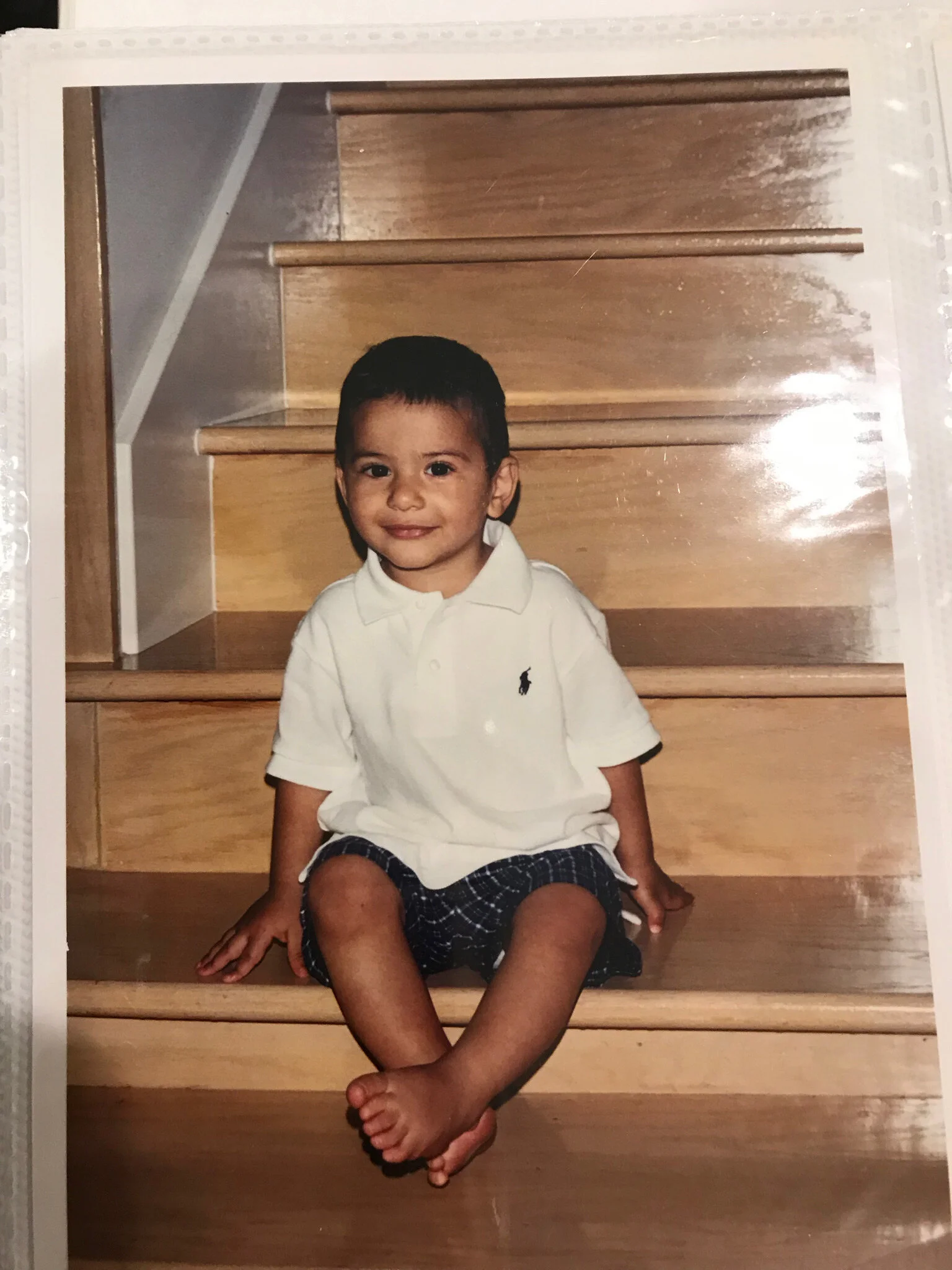GRIEF LIVES IN A FOLDER
“GRIEF LIVES IN A FOLDER, NOT A DOCUMENT.” – Dr. Henry Cloud
When someone has had a lot of trauma in his/her life there is usually grief.
I’m going to give examples in my life, but I want you to think about yours. When have you had trauma, loss, pain, grief?
Some of you know when I was 13 years old, almost 40 year ago, my entire spine was fused to a metal rod, plates and screws. The pain was unimaginable. I was pulled out of school for the rest of the year, while existing in a plaster- paris body cast for a year at home.
From that day, I would have ten more spinal reconstructive surgeries (some botched), spend almost 8 years in bed, go through a horrific type of cancer, be on a ton of drugs, withdraw from a ton of drugs and experience other abuses, extreme financial loss and have chronic daily pain. As well as betrayal by doctors and those in authority that almost cost me my life more than once. Another story. Another time.
But back to the 13-year-old. Did I ever grieve that I lost my mobility, my friends, year at school, tennis serve, and the other things that matter to a young teen girl?
No. There was no counseling or discussion or working it through.
Speed up to today. I have a young (adopted) lab whose elbow was broken (elsewhere) and healed improperly. And I fight back tears watching him limp – which is every day. Why?
Because “grief lives in a folder, not a document.”
My lab puppy is a document, but when I see him, a whole folder of my resolved (and unresolved) grief is opened. At first, I didn’t know what was upsetting me, until I realized that I relate to a young puppy in pain.
It also happens when I see any young person or animal or anyone at any age – who is in non-stop pain. I grieve and cry when I learn that another human being is hurting – especially chronically – whether physically, mentally, emotionally or otherwise. I want to help. I want to stop the pain for them.
Most of us have been through some traumatic event that has altered our lives. Some of us have had opportunity to work through the trauma and grief. Others of us have so much trauma and grief that even talking about the tip of the iceberg it is overwhelming. Yet it needs to be talked about.
Many people wonder why they are prone to depression. Depression has to do with loss. Don’t just look at your document of recent difficult events but search further in the big folder. The root of your depression may be a series of events that you have never processed.
Some people get angry at the drop of a hat. Yet what they are angry about may have nothing to do with the person they are yelling at. What is in their big folder? Abandonment? Betrayal? Verbal or physical abuse? People around them may tell them just to read Scriptures and try to become a better person. What happens when that doesn’t work? Guilt and more anger.
Others may have a huge reaction to financial loss. They may talk about the big loss more than others – becoming angrier and more resentful. However, beyond the document of the loss, in the larger folder, there may be a history of lack, not enough, fear of going without, great pride in working hard and being in control – or even events such as growing up during the depression or losing in the financial mess in 2008. Or they could have grown up in a family that preached that you could perfectly handle your own finances and if you didn’t, you were a bad person – even if it wasn’t your fault.
Some sail through being fired, passed up for new job opportunities or raises and others do not. They become angry, withdrawn, depressed or any number of things. Friends and family say, “It’s ok. You’ll find another job.” But can friends and family really know what is in the larger folder besides what they see on the document of being fired? The larger folder may contain tons of rejections and fears that have never been addressed.
I could go on and on, but I think you get it.
The most important thing I can say: Please know that God is gentler and more patient with you than most people will be, sometimes especially family.
And remember that your, “grief lives in a folder, not a document.”
Know that you can get over the trauma and grief, but the process and timing is different for all of us.
The goal is not to “get over it” according to the timing of others. Or “not think about it” by stuffing it down. That is a good way to get an eating disorder, deep depression or an addiction.
But to the goal is to simply move forward – one step at a time – each day as God leads.
Some of us have a trusted friend. Some of us have a pastor to share and pray with. Some of us might go to a counselor. Some might read helpful books. But take the steps into the journey to move forward out of the restrictive darkness and into a space of light and freedom. And be patient with yourself.
Because of another difficult and chronic situation in my life I go to Al-Anon, for individuals who have a family member with drug and alcohol problems. I am sharing this because there are many free groups that meet weekly that might not directly speak of your situation but will certainly address trauma and grief and give you resources in order for you to get more specific help.
In the meantime, be gentle with yourself, but don’t expect anyone else to be but God. Only God sees what you have been through and He wants you to be the Victor instead of the Victim. And He will show you how. – kathleen whitten 9/12/19
“Yet in all these things we are more than conquerors and gain an overwhelming victory through Him who loved us [so much that He died for us]” (Romans 8:37 AMP).





